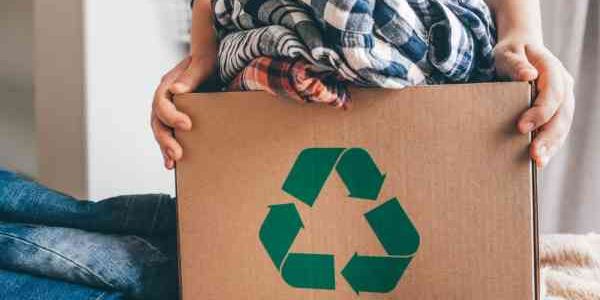Authors: Adoriana Azoiței-Frumosu and Timeia Lupșa
The entry into force of Law No. 17 of January 6, 2023, approving Government Emergency Ordinance No. 92/2021 on waste management, introduces a new obligation regarding the recycling of textile materials nationwide, effective January 1, 2025.
Therefore, starting January 1, 2025, in addition to existing obligations regarding the collection of biodegradable waste, plastic, metal, paper, cardboard, and glass, Romanians will be required to separately collect textiles. This aligns with current European Union regulations, specifically Directive 851 of May 30, 2018, amending Directive 2008/98/EC on waste. This obligation applies to local authorities, companies, and individuals, with non-compliance resulting in sanctions.
- Implementation of separate waste collection:
Beginning January 1, 2025, local public authorities must provide the necessary infrastructure for separate waste collection of fabrics from households and businesses. This waste must be collected separately and processed for recycling or reuse.
Local administrations are obligated to inform and educate the public on the importance of separate fabrics waste collection and proper disposal methods. This includes developing effective promotion strategies, such as installing special textile containers in public areas.
Collection methods may include: (1) designated teams collecting fabrics waste from residences; or (2) voluntary drop-off points at designated containers – the chosen method to be determined and implemented by the local public administration.
- Consequences of non-compliance:
Enforcement of separate collection is ensured through inspections of collection, recycling, recovery, treatment, disposal, and transport of waste by representatives of the National Environmental Guard, gendarmes (when necessary), and local police personnel, within their legal jurisdictions.
Non-compliance can result in sanctions for local authorities, businesses, and citizens, depending on the violation's nature.
For local administrative units or their subdivisions (municipalities), and inter-communal development associations, fines range from RON 20,000 to RON 45,000.
For textile waste holders, fines are: RON 5,000 to RON 15,000 for individuals; and RON 40,000 to RON 60,000 for legal entities. (Note: RON refers to the Romanian Leu).



